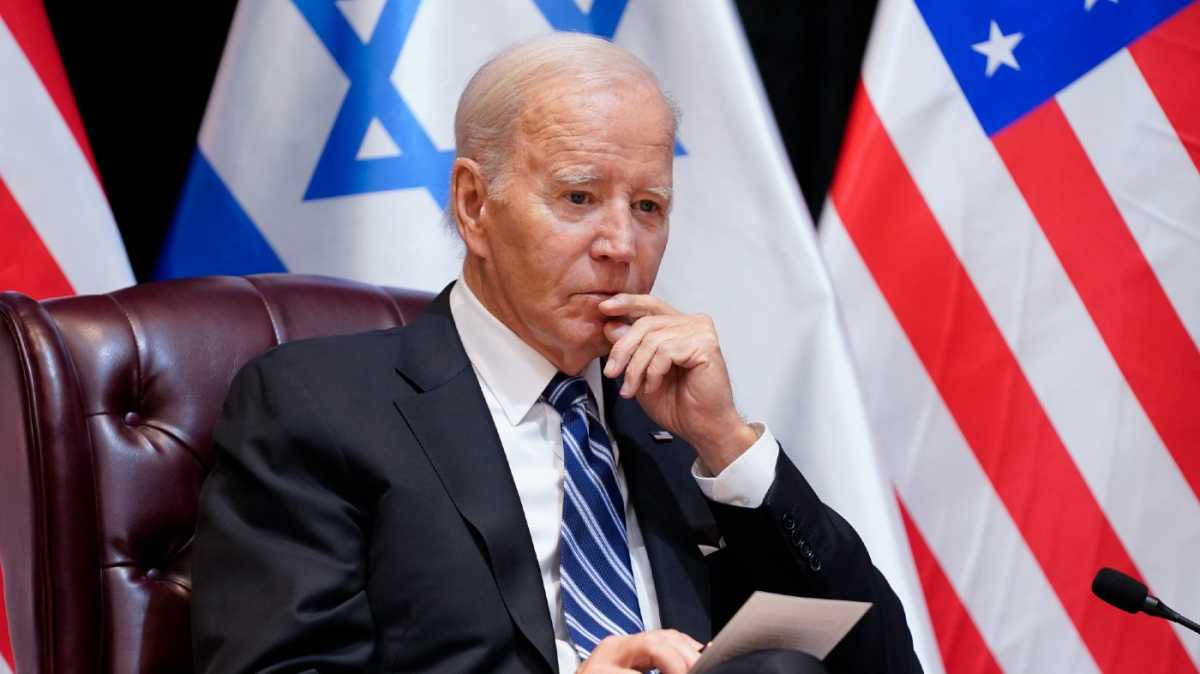Politics
President Biden’s Stance on Human Rights in the Middle East War Raises Concerns

President Joe Biden‘s recent approach to the ongoing Israel-Hamas conflict has sparked discussions about his prioritization of human rights issues amidst national security concerns.
The International Brotherhood of Teamsters is set to host a significant roundtable discussion with President Biden on March 12 in Washington, D.C., led by General President Sean M. O’Brien and General Secretary-Treasurer Fred Zuckerman.
Notably, Biden participated in roundtables with various political figures including former President Donald Trump, Robert F. Kennedy Jr., and other prominent leaders to address critical issues affecting workers.
Key topics for discussion include workers’ wages, corporate bankruptcy reform, antitrust enforcement, and the freedom to form unions swiftly and securely.
With 1.3 million Teamsters working across various sectors in the U.S., the union aims to ensure all members’ voices are heard in the political landscape.
Concerns have arisen over Biden’s handling of human rights amid the Israel-Hamas conflict, shedding light on his broader approach to global rights issues.
As the situation in Gaza escalates, activists and communities, including Arab American and Muslim American groups, are expressing disappointment in Biden’s stance on the conflict.
Biden’s historical positions on human rights, shaped by national security priorities and political calculations, have drawn scrutiny.
The delicate balance between upholding human rights and navigating complex political realities in conflicts like the Israel-Hamas war has put Biden’s approach under the spotlight.
Amid criticisms and backlash, Biden’s response to the conflict underscores the challenges of balancing national security imperatives with human rights considerations.












